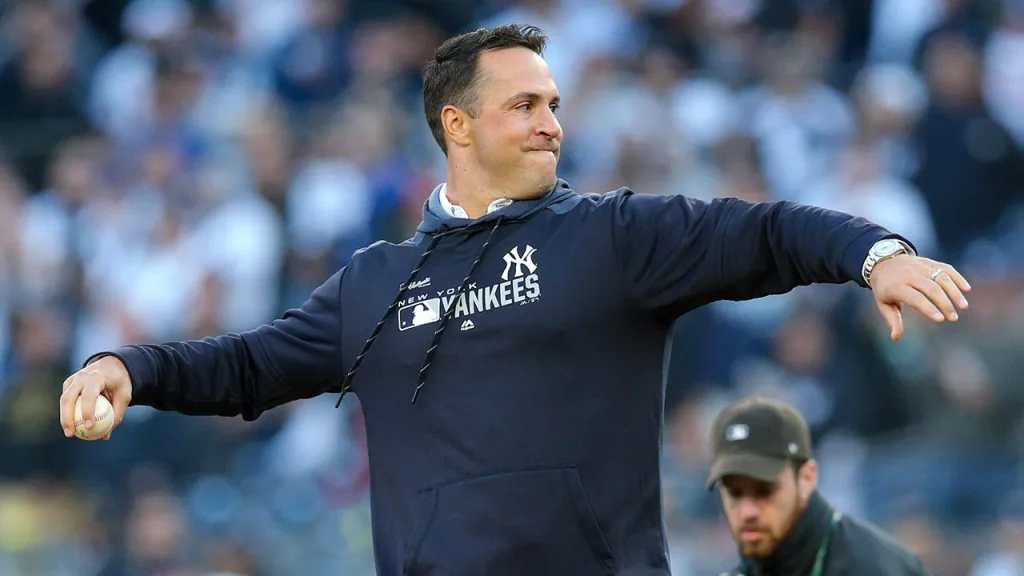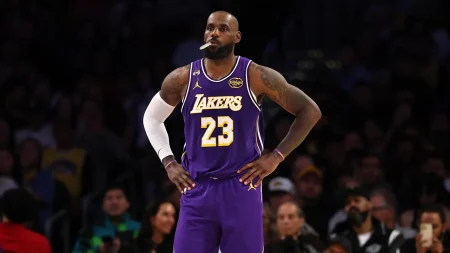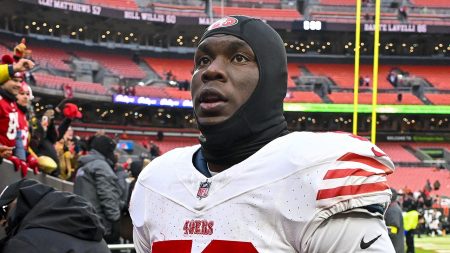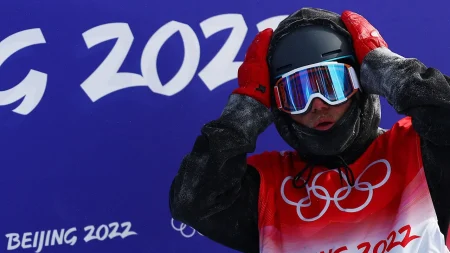Former Yankees Star Mark Teixeira Takes Political Stance Amid Government Shutdown Debate
Mark Teixeira, the former New York Yankees first baseman and World Series champion, has stepped into the political arena with strong criticism of Democrats during the recent government shutdown battle. Having launched his campaign for Texas’ 21st Congressional District in August following Rep. Chip Roy’s decision not to seek reelection, Teixeira is positioning himself as a political outsider ready to support President Trump’s agenda. His comments came just before the Senate failed to pass a bill that would have prevented a government shutdown, with Teixeira responding to House Speaker Mike Johnson’s warning that Senator Chuck Schumer and Democrats were planning to shut down the government to “appease their far-left base.”
“This is exactly why I’m running,” Teixeira declared on social media. “Democrats are destroying our country, and President Trump needs reinforcements who will fight to take our country back.” He elaborated on his position the following day, firmly placing blame for the potential shutdown on Democratic lawmakers. “Make no mistake – liberal Democrats in D.C. own this shutdown,” he wrote, arguing that Republicans had worked “tirelessly and in good faith” to keep the government running while implementing conservative policies that aligned with President Trump’s electoral mandate. Teixeira specifically criticized what he characterized as Democrats’ “lust for aiding illegal immigrants and spending billions of dollars at the expense of hardworking taxpayers.”
The funding bill at the center of this dispute had already passed the House largely along party lines on September 19, designed to give Congress until November 21 to establish funding priorities for fiscal year 2026. However, the Senate’s failure to advance the legislation brought the government closer to a shutdown. The Senate planned additional votes throughout the week in hopes of either reaching a compromise or seeing Democrats change their position. This political standoff exemplifies the exact partisan divisions that Teixeira cited as his motivation for entering politics as a “political outsider” who could help “stop the Democrat agenda” and assist President Trump in getting “America back on track.”
President Trump himself weighed in on the situation, telling reporters that while Republicans didn’t want a shutdown, they could potentially use it to “do things during the shutdown that are irreversible, that are bad for them [Democrats].” He specifically mentioned “cutting vast numbers of people out, cutting things that they like, cutting programs that they like,” referencing the Office of Management and Budget’s memo about potential mass layoffs. Senator Schumer quickly responded to these comments during a press conference, accusing Trump of “using Americans as political pawns” and stating that “Democrats did not want a shutdown.” Schumer expressed willingness to work with Republicans on a bipartisan compromise, asserting that “the ball is in their court.”
Teixeira’s entry into politics represents a growing trend of former athletes using their platforms and name recognition to pursue political office. His campaign for the Texas congressional seat comes with a clear ideological alignment, as evidenced by his strong statements about Democrats “destroying our country” and his call for Americans to “come together and help us strengthen our majority in Congress for the good of the country.” The former baseball star’s political rhetoric demonstrates how deeply polarized American politics has become, with even government funding—typically considered a basic function of governance—becoming a partisan battleground where compromise seems increasingly difficult to achieve.
The situation highlights broader tensions in American politics, where procedural matters like government funding have become proxies for deeper ideological divisions over immigration, federal spending, and the role of government. Teixeira’s characterization of Democrats as having a “lust for aiding illegal immigrants” and his warning about “woke liberals and the Washington swamp” driving the country “off the cliff” employ language that has become common in contemporary conservative discourse. As both parties continue to negotiate—or fail to negotiate—over government funding, Teixeira’s political campaign serves as just one example of how America’s polarized political environment continues to draw in new voices determined to advance their vision for the country’s future.














